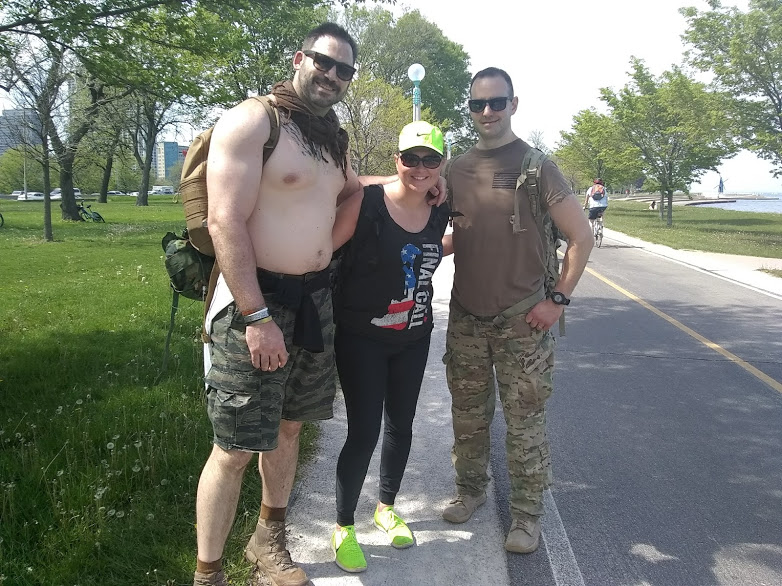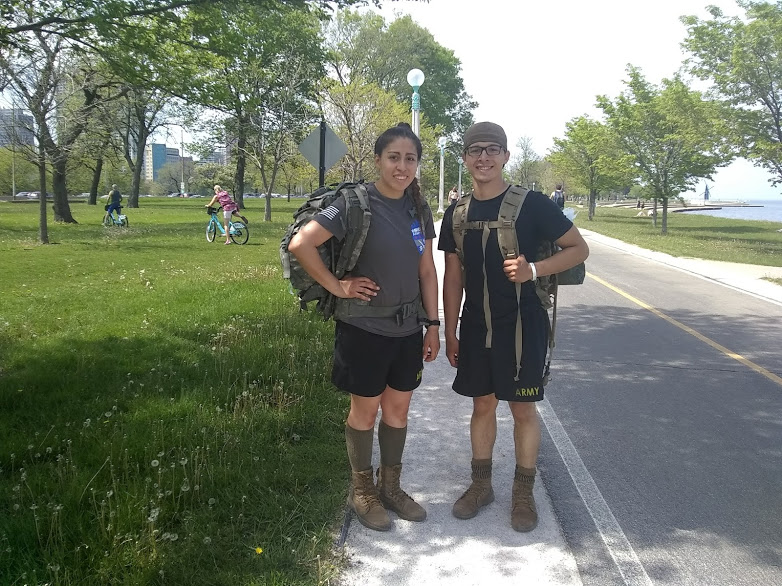They say it takes a village to raise a child, but it takes that and more to get them the hell out of poverty.
Much like “The Florida Project,” there’s a certain lightness in the fact that we are seeing an impoverished setting through the eyes of a child, even if things are a lot less grim in Minhal Baig’s “We Grown Now.” Nostalgia can be a convenient cover, and unlike the transient nature of the budget hotel in “The Florida Project,” there’s a retro setting of 1992, and the fact that the community which very much existed in the Cabrini-Green public housing complex no longer does.
But that kind of purging is unimaginable as the film begins, especially to the ten-year-old besties Malik (Blake Cameron James) and Eric (Gian Knight Ramirez) as they simply live their lives and find the fun and joy that kids tend to do, at least before the pubescent angst kicks in.
Malik is the one who quickly emerges as the film’s star and central character, and it’s pretty clear he’s going to be a force to be reckoned with one way or another. He’s being raised in a household of women, which consists of his grandmother Anita (S. Epatha Merkerson), older sister Amber, and his mother Dolores (Jurnee Smollett). Malik moves among them with ease, effortlessly charming them all into fits of laughter, a sign of potential danger to come if there ever was one IMO.
This trio is far more likely to influence Malik for the better the way they also effortlessly impart their history and the ability to see beyond their immediate surroundings. Much like Detroit, Cabrini-Green has long been a symbol of decline, a setting for much of the ills plaguing American society. You know the drill: drugs, poverty, the breaking down of the family, all segregated in a fashion which would allow whiteness to dismiss a place and the people in it.
Minhal Baig, who also wrote the film, likewise hails from Chicago, having grown up in Rogers Park to Pakistani parents, a far cry from the setting she tenderly chronicles here. For “We Grown Now,” Baig conducted multiple interviews with former residents of Cabrini-Green’s high-rise apartments, and she clearly got a great deal of personal connection out of it in the way the film warmly depicts Malik’s residence as more than a living space.
It’s clearly a home, with pictures on the wall, the beauty of the mundane which makes use of lighting and a haunting score in a fashion will inevitably draw comparisons to “Moonlight.” “We Grown Now” certainly has its own link to the American South, with Anita’s stories of life in Tupelo Mississippi, which has a kind of living talisman in the sewing machine she brought north with her, as well as the belief she imparts to her family about seeing the poetry in everything.
So it feels like a violation when a tragedy rocks the neighborhood and the powers that be decide to do all the wrong things about it, bringing in the police to invade the neighborhood and homes to such a degree that they feel like an occupying force. Malik and Eric can scream that they exist at the top of their lungs, they can play hooky and experience more of what Chicago has to offer, such as the Art Institute, but Malik’s mother Dolores also has the clear-eyed vision of a woman who can see some of what her neighborhood is going to come to. And the family has saved up just enough to allow her to take an opportunity to better their lives by her taking a job and new home in the suburbs.
If “We Grown Now” was from her perspective, this would likely feel more akin to a gentle rebirth, but Malik mainly feels the pain of the impending separation from his friend Eric, whose lack of maternal presence in his own home where he lives with his sister and single father Jason (Lil Rel Howery) feels like being stripped of his ability to dream. We mourn with them too, as Malik and his family leave a place that always was far more than its worst aspects.
What is home, or any place really, but the people? Even if Malik and his family made the most of an opportunity just in time, “We Grown Now” allows us to see the bittersweet nature of making a new home and better life, especially when it means leaving behind a community that seemed as if nothing on Earth could match it for its resiliency. Until of course, forces beyond their control did.

















